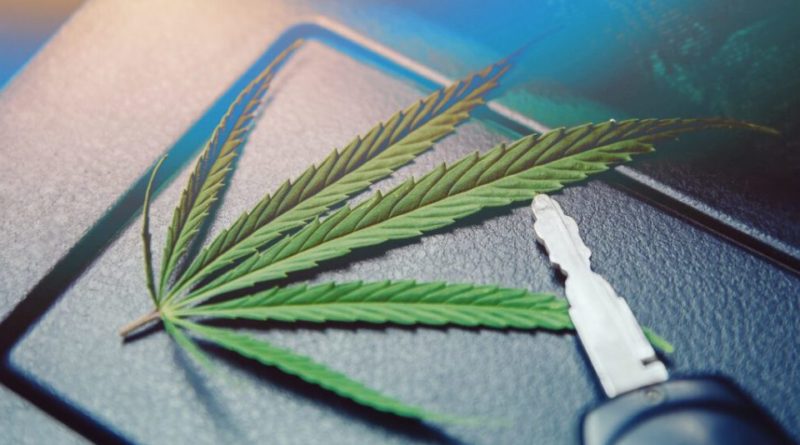Medical Weed Reduces Traffic Accidents, Study Finds
[Please note that this page contains affiliate links. If you choose to purchase after clicking a link, I may receive a commission at no extra cost to you.]
In a recent study, scientists from the University of Arkansas and Temple University looked at the effects of cannabis legalization on the safety of roads by studying car insurance data.
The research team was nervous that most of the literature on traffic safety and medical weed comes from examining fatal crashes.
“Utilizing traffic fatality data is a major shortcoming,” the researchers described in their paper published in the journal of Health Economics. “In 2016, 37,461 of the 7,277,000 automobile accidents reported were fatal.”
“The current literature missed about 99.5% of car accidents.”
By looking at insurance premiums instead between 2014 and 2019, researchers hoped they could find a better overall view of auto crashes and how they are affected by medical weed.
“Auto insurance has covered approximately 67% of all property damage and medical from car accidents,” wrote the researchers. “We hope to paint a clearer picture by doing it this way.”
“We discovered that legal, medical weed results in a decrease in car insurance premiums on an average of $22 per year per policy,” the research team described in their study.
“This effect is greater in places exposed directly to a dispensary, meaning an increased access to weed drives the results.”
Furthermore, the researchers found that in zones with high drinking and driving rates before legal, medical weed found massive declines in premiums following the legalization.
Scientists estimate that the policyholders in the United States that legalized cannabis saved about $500 million in dividends.
“Utilizing the ratio of attributable expenses from their premiums,” researchers said, “the yearly savings help reduce medical expenses by approximately $220 million.”
The study results might seem counter-intuitive – with more drug access, such as medical weed, you’d think it wouldn’t lead to safer roads with fewer accidents. Although, the research team has several theories of potential contributing factors, like less driving under the influence of alcohol.
However, the researchers caution from assuming that the effect is that people are only replacing weed for alcohol. In its place, it may be because of where people choose to get stoned versus where they go to drink.


